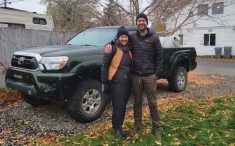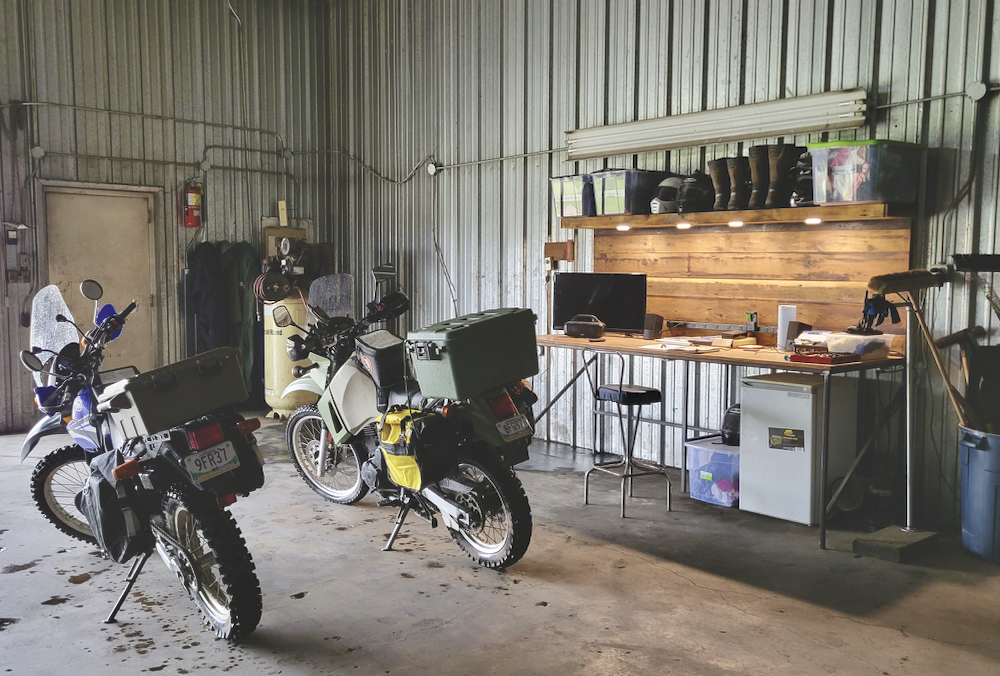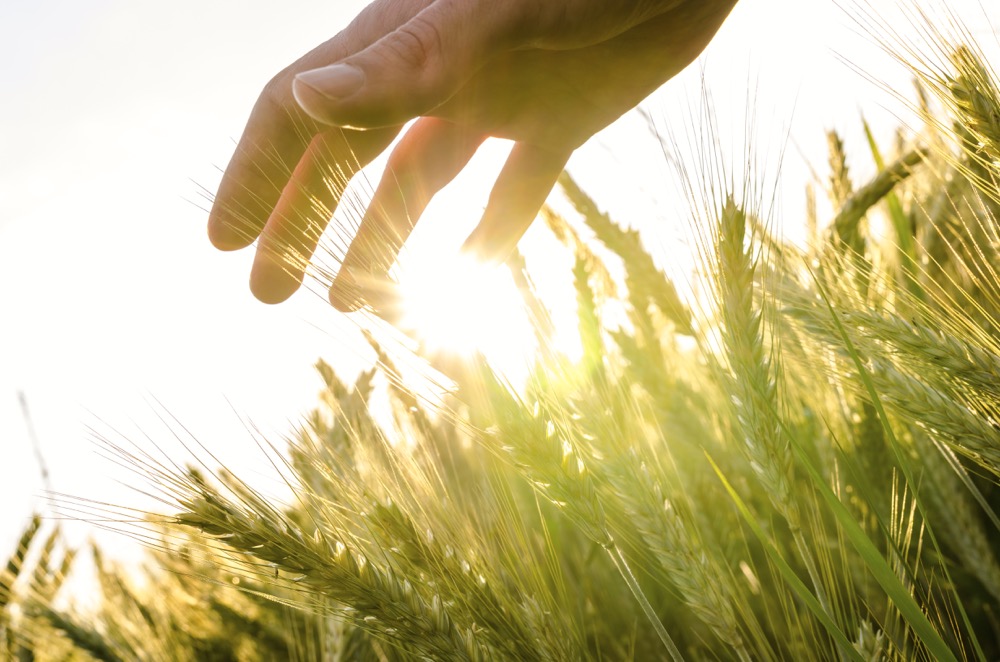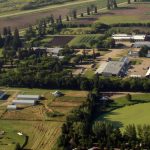When I began writing this column in 2012, some of its value was wrapped up in my shameless approach to admitting, as a then 32-year-old, all of the things I did not yet know about farming and all the things I’d have to relearn in order to farm.
I promised to take you along for the ride as I attempted to figure out how to take over my family farm after having been away for a decade and a half. Perhaps that is still this column’s value, and if so, I am comfortable with that.
Read Also

Avoid these thought traps when investing
Investing for Fun and Profit: Let’s review a list, by renowned fund manager Peter Lynch, of the most dangerous things that stock market investors can say to themselves, or to others.
Over the course of the last nine years, age and experience have contributed to my ability to farm, but the rudimentary questions that bounced around in my head back then are not necessarily gone. I may phrase them differently now, but they are by no means gone.
What constitutes genuine learning? It’s a question I have always found interesting and its one I find particularly intriguing as I reflect on my time on this farm. How much of what we do as farmers (or as people) is the result of actually having learned something and how much is the result of habit?
I think how one answers this question could be quite revealing. If I had to learn everything about farming before I actually started to farm, I’d still be in the books. If I acted on habit alone without taking the time to actually learn about the things I do, my farm would likely stagnate or devolve.
I may understand more now than I did then, but I’ve also become accustomed to acting like a farmer, as if unwittingly absorbed into a bureaucracy where certain behaviours and actions are expected and/or considered normal.
I may not fully understand how basis is calculated, but I certainly know how to act and talk as if I do. And if I don’t care enough to fill the knowledge gaps, my habitual approach to explaining things like, in this case, basis, will start to resemble genuine learning.
Everyone has their own threshold for how much they need to know before they feel comfortable taking action. We all know people who require very little knowledge of something before they tackle it. When it works, they are go-getters. When it doesn’t, they are birdbrains. Conversely, the overly thoughtful ones who need a lot of time with something before walking out the door are either geniuses or colossal wasters of time.
I’m about to make another workshop-organization analogy, and for that I apologize. It’s been an interesting process, throughout which I have learned a lot about this farm and myself.
Habit and learning
It’s hard to imagine a better way to organize a space you’re used to using in a very particular way, even though that way may not be the most efficient. In other words, I haven’t learned about the best way to configure a tool pegboard, but I do know where the metal files go on ours, because I put them there once, and then I put them there again, and then I put them there a third time and now that’s where they go. It’s become habit.
It’s not the lofty goal of this column to crack this habit versus learning code and part the clouds over a new way of farming. Heck, if such a column exists, send it my way. I have plenty of old habits — and more still that I am not even aware of — and I have just as many knowledge gaps. However, I can share one thing, which I learned as recently as an hour or two ago.
I ripped everything off a shelving unit in our workshop that has sat in the same place and been filled with the same stuff for as long as I can remember. I started making piles in the middle of the shop floor. I didn’t know how the process would go every step of the way. At certain points, it all looked messier than when I had started. At other points, I wasn’t clear about what the next step should be or exactly how I would put everything back in a more organized way.
One of the tricks of farming and, I imagine, any discipline or vocation, is the ability to act and make decisions despite not having all the answers or a crystallized vision for how to proceed, coupled with ongoing need to not let our own habits masquerade as knowledge.
I’m trying to endure these foggy patches with a confidence that the vision that motivated me to start organizing the workshop is attainable, despite not knowing exactly how I’m going to deal with the growing “keep” pile taking up valuable real estate in the middle of the floor. I’ll keep pushing. It won’t be long until we’ll need that space. That much I know.















